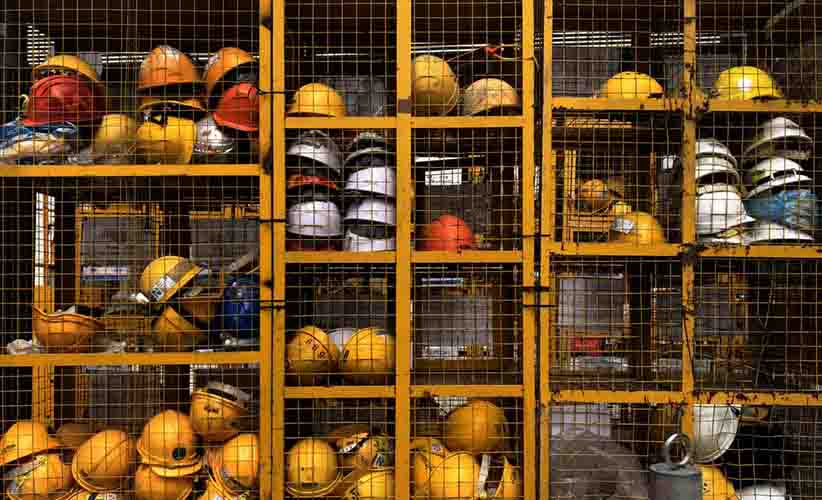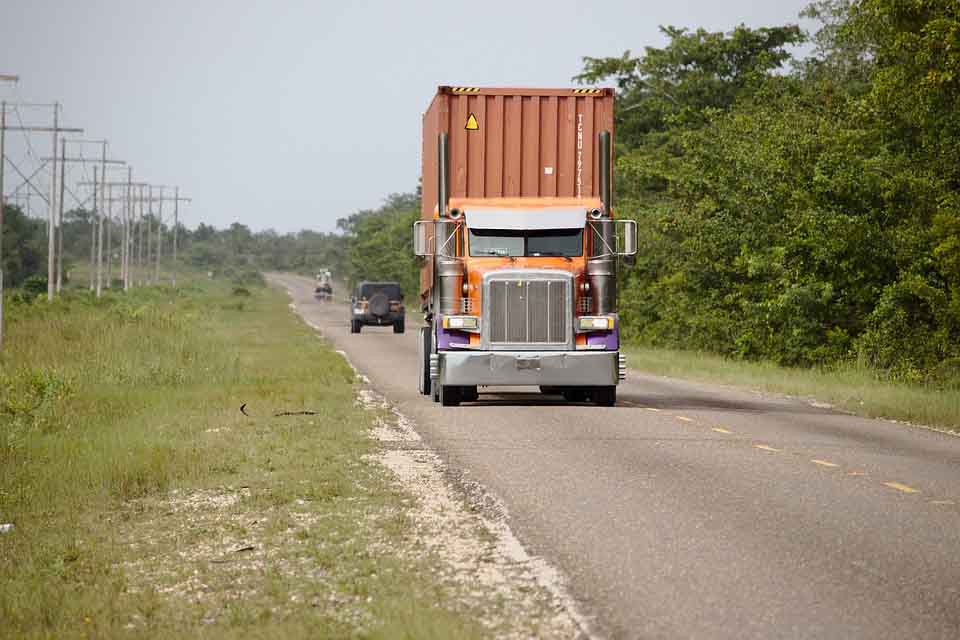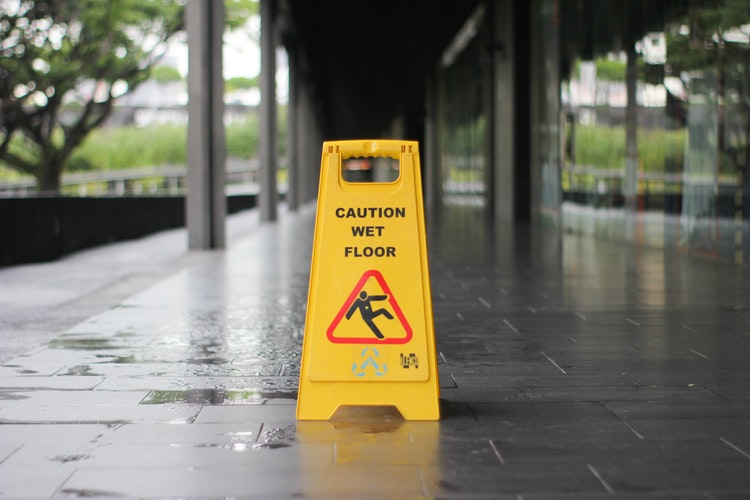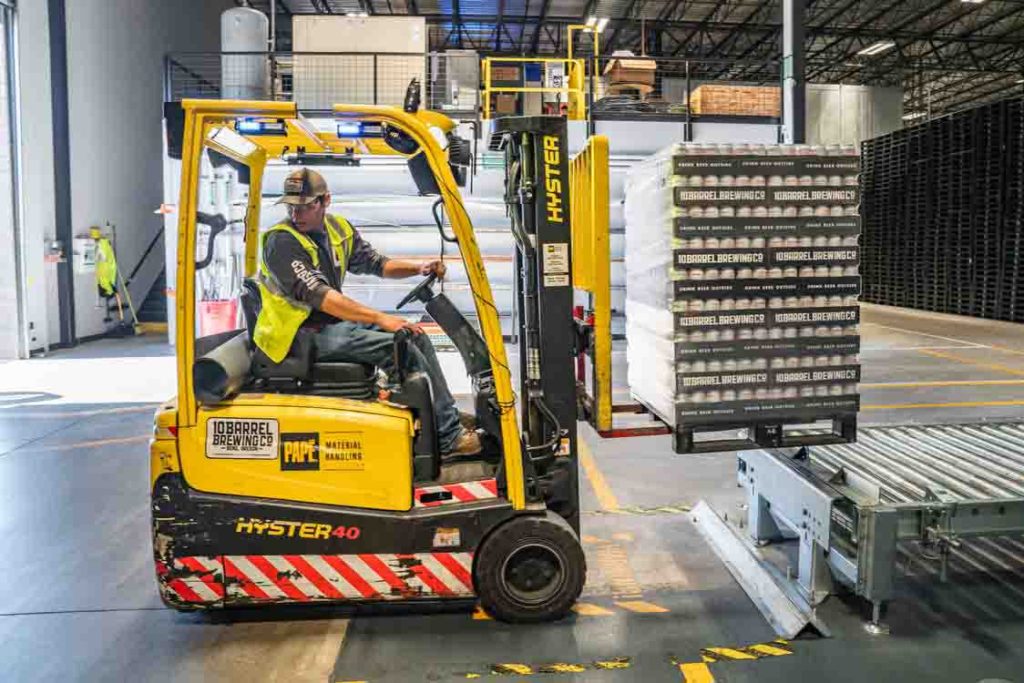Two of the focuses of my blog are Financial Literacy/Money and Business/Entrepreneurship. As a business owner one of your primary considerations should be your business’s safety. There are numerous contexts for this. The following contributed post is entitled, Are You Keeping Your Business Safe.
* * *
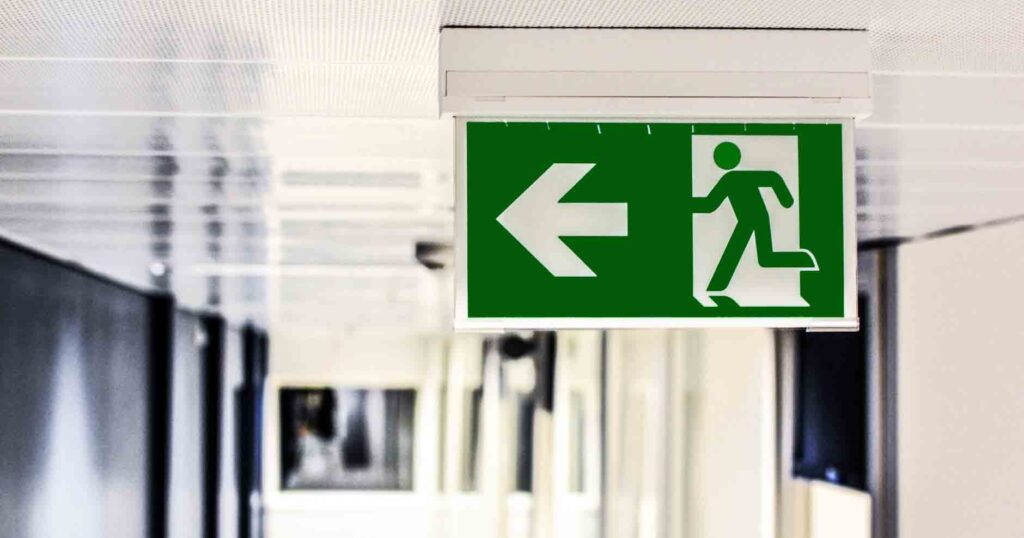
There are a lot of things that are important to your business. That shouldn’t really come as much of a surprise, after all, a business is made up of many different elements all working together, so it’s only natural that certain things will require slightly more dedicated focus. The issue that a surprisingly large number of businesses run into is that they tend to focus on some aspects to the detriment of others. Things like marketing and customer service are, of course, incredibly important, but they are also right at the forefront of your business which means it’s rather common for them to take precedent over other things. But there are some parts of your business which are incredibly important and yet are all too often ignored. One of the most common of these is making sure that your business is actually protected. The safety and security of your business and all of the people within in it should always be a major priority for you as a business owner. Here are some ways that you can make sure that your business is as well protected as possible.
Security measures
You should always make sure that any security measures to your business are kept up to date at all times. This counts for both physical and digital security systems. Your locks should be kept sturdy and you the firewalls to your databases should be regularly updated. If you’re not paying attention to these things, then you’re leaving your business extremely vulnerable.
The right equipment
One of the most important things that you can do in order to make sure that your workplace is the safest environment possible is to ensure that it is properly equipped at all times. This means everything from railings in your warehouse to a fire damper to making sure that there is never too much power going to a single place that could cause it to overload or short. These kinds of things are the fundamentals of safety in your workplace and you need to be sure that you’re focusing on them from the very start.
Health and safety
Health and safety isn’t just the annoying bureaucracy that so many people seem to think that it is. In reality, health and safety procedures are in place to protect people and to save lives. You need to make sure that your business’s health and safety policies are all up to date and that every single employee receives adequate training to ensure that they are as always safe as possible.
All of the procedures, equipment, and insurance in the world aren’t going to make the slightest bit of difference if you can’t encourage your employees to embrace the importance of safety and security. By creating a culture within your company of understanding the importance of the security measures that are put in place, you can be sure that your employees are always working alongside those security measures to keep your business as protected as physically possible.


